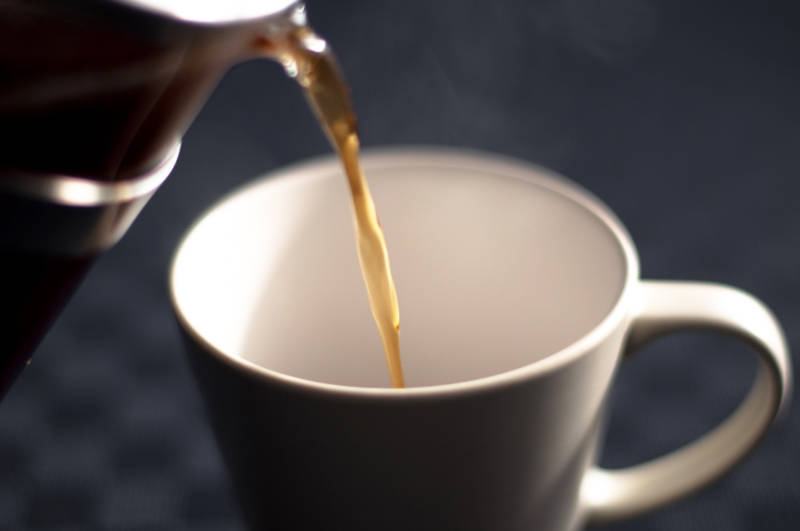If coffee is your favorite morning pick-me-up, read on.
The World Health Organization's cancer research agency has given coffee the green light. The group concludes that coffee does not pose a cancer risk, and experts say a regular coffee habit may even be protective of good health.
So, you'd never heard that there had been concern of a cancer risk from coffee? Yeah, that makes lots of us. In 1991, the World Health Organization's International Agency for Research on Cancer listed coffee as a possible carcinogen. This classification was based on what the IARC says was "limited evidence" that coffee was associated with a higher risk of bladder cancer.
But over the past 25 years, the body of evidence has pointed in a new direction. "Many epidemiological studies now available showed that coffee drinking had no carcinogenic effects for cancers," the IARC statement concludes.
Researchers reviewed more than 500 studies on more than 20 different types of cancers. The group concludes that coffee may in fact help protect against the risk of cancers of the liver and uterus. In addition, coffee consumption has been associated with a reduced risk of colorectal cancer in a number of studies.
